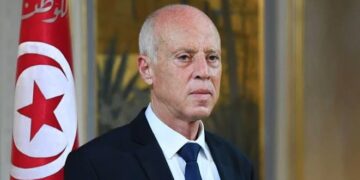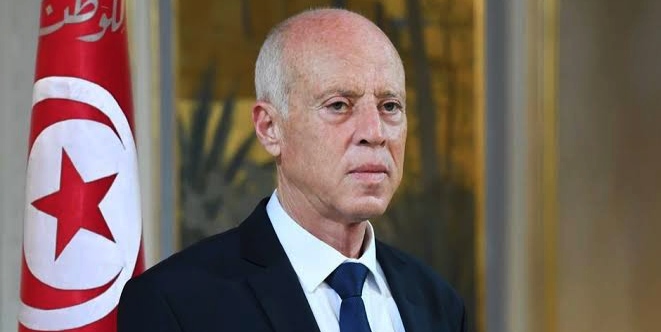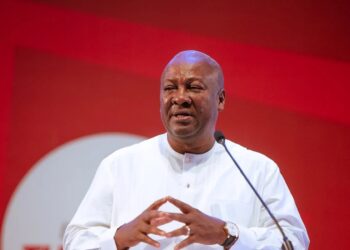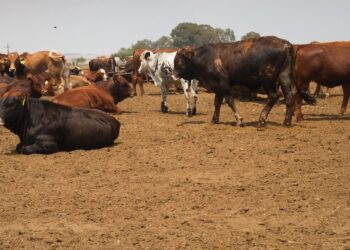By John Ikani
Tunisian President Kais Saied has scheduled a presidential election for October 6, potentially paving the way for his own re-election while many of his political adversaries languish in detention.
In an official decree on Monday, Saied announced the election date without confirming his candidacy, although it is widely anticipated.
A former constitutional law professor, Saied swept into office in 2019 as an anti-corruption crusader.
In 2021, he seized full control by dissolving the elected parliament and assuming rule by decree, actions that critics decried as a coup.
He subsequently oversaw the drafting of a new constitution, ratified via referendum in 2022, which established a presidential system and curtailed the authority of parliament.
Economic and Political Challenges
Saied’s power grab has exacerbated Tunisia’s long-standing economic woes. The country grapples with a 15% unemployment rate, and approximately four million out of its 12 million citizens live below the poverty line.
A crackdown has led to the prosecution of more than 60 journalists, lawyers, and political opponents, according to the National Union of Tunisian Journalists.
The opposition argues that fair and credible elections cannot be held unless imprisoned politicians are released and journalists can operate without government interference.
“From now until the elections, Kais Saied has a long list of individuals, associations, parties, and journalists whom he will gradually criminalize to maintain the sympathy of his electoral base,” Romdhane Ben Amor of the Tunisian Forum for Economic and Social Rights (FTDES) told Al Jazeera in May.
“The regime’s machinery operates efficiently, devouring anyone with a critical perspective.”
‘Increasing Crackdown on Rights’
Opposition parties, including Ennahdha and the Free Constitutional Party, accuse Saied of targeting their leaders to eliminate potential rivals.
Abir Moussi, leader of the Free Constitutional Party and a potential challenger to Saied, has been imprisoned since last year on charges of endangering public security.
Other potential candidates, including Safi Saeed, Lotfi Maraihi, Nizar Chaari, and Abd Ellatif Mekki, face prosecution on charges such as fraud and money laundering.
Rached Ghannouchi, leader of Ennahdha, is in detention on allegations that his party received foreign funding. Amnesty International has labelled his case part of “a growing crackdown on rights and opposition, marking a deeply troubling pattern.”
Saied has criticized what he views as “political maneuvering for office,” asserting that those who previously boycotted parliamentary elections now seek the presidency.
He has pledged not to relinquish power to individuals he regards as unpatriotic.




































